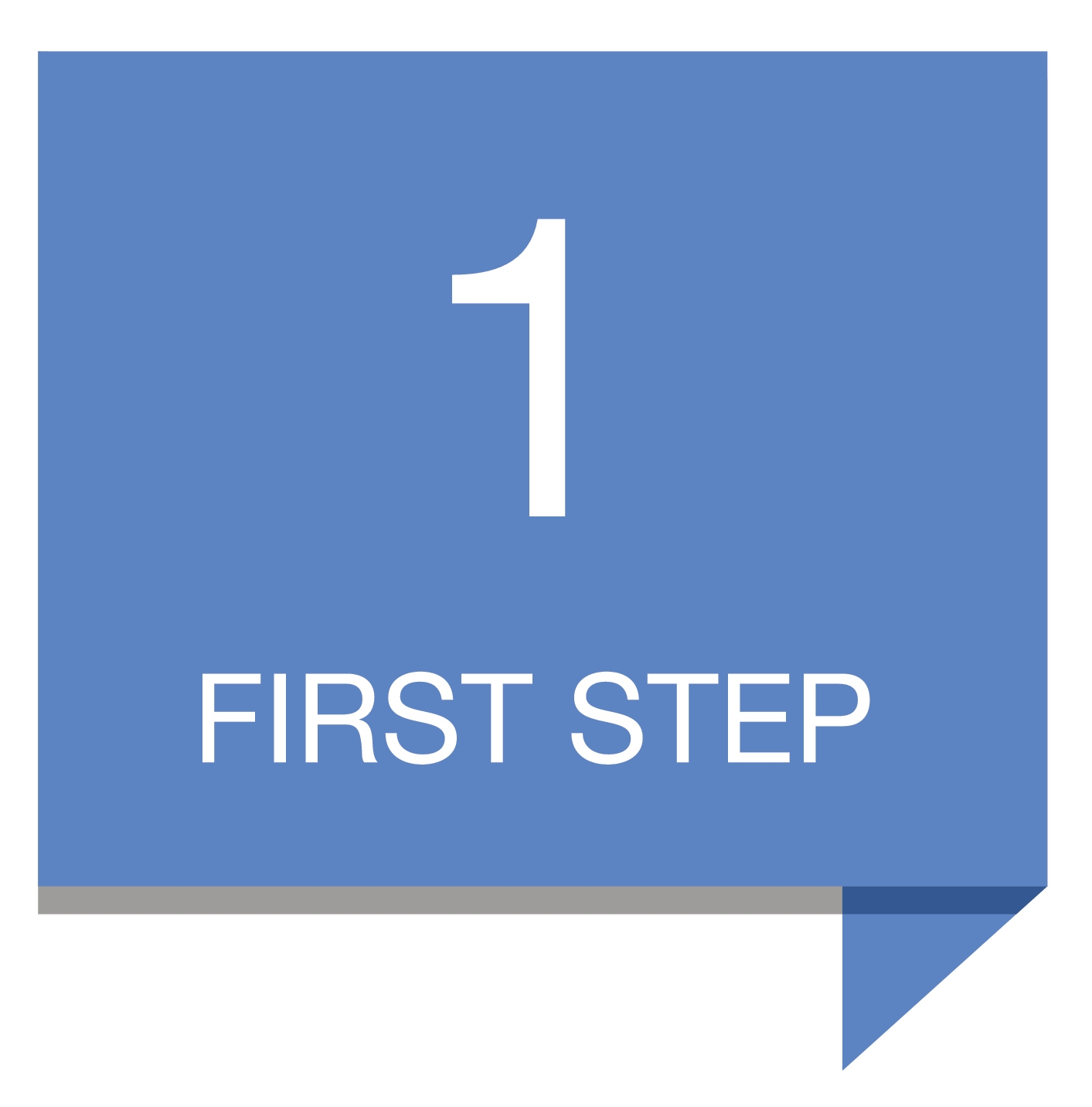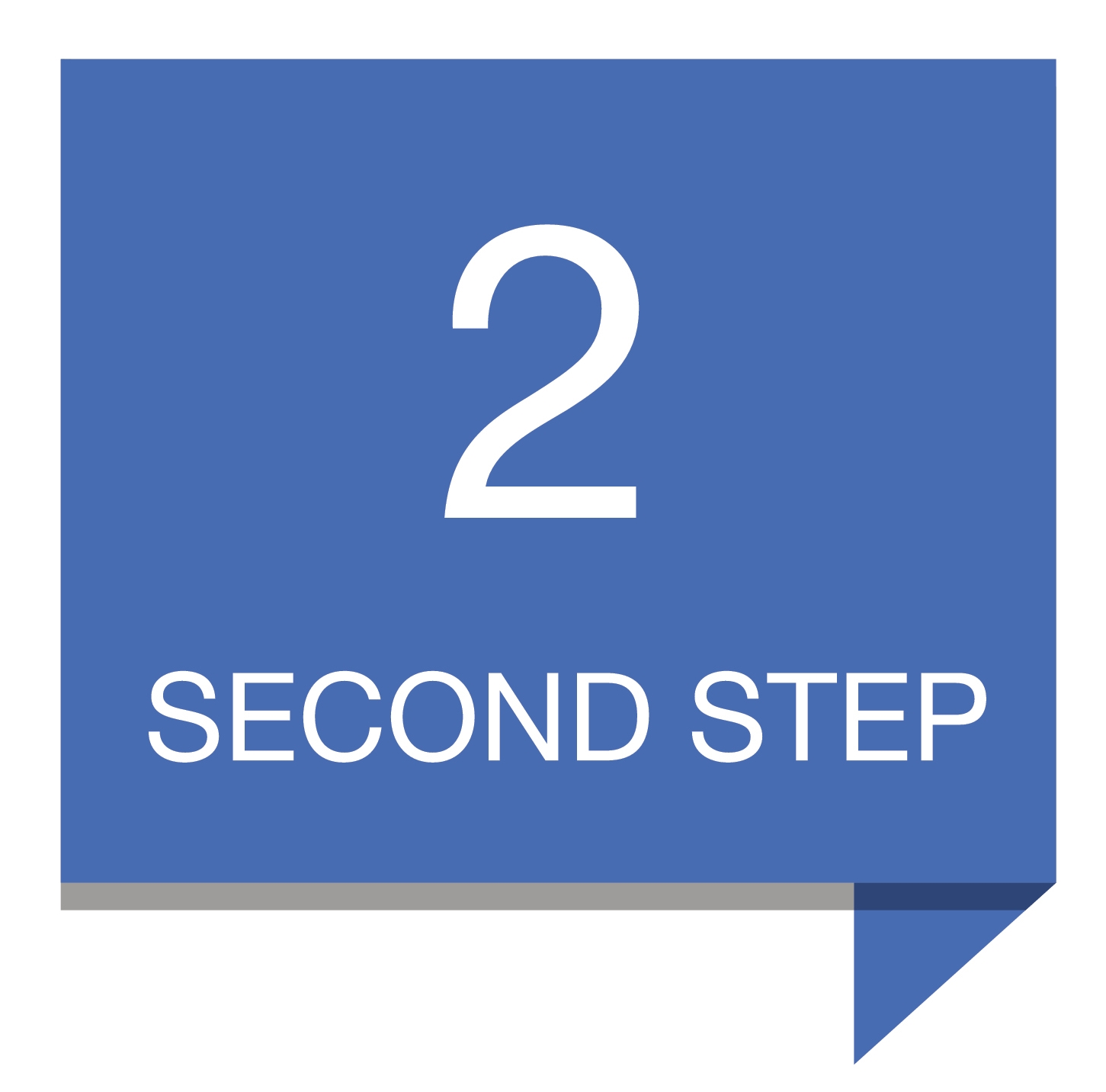Young people are at a crossroads as they consider future plans for their life, their studies, and career choices. It is a strategic time of life and a great opportunity for us to help them think about the choices they are making. It gives us the opportunity to interact with them about their values, aspirations, study plans and career choices, and to help them think about those things from a gospel perspective. We want to encourage them to make godly choices and to consider how they are going to serve God with their life. We want young people to follow their vocation in life by playing a lively part in institutions and endeavours that seek the interests of the kingdom of God. We want the next generation to not only think about pursuing a career, getting a job, getting married, raising a family, and a host of other goals, but to view all of life from the perspective of engaging God’s world as citizens of the kingdom. We want them to have church and serving in church ministries as a high priority. We want them to be engaged in training, conferences and seminars that will help them grow. We want them to think about whether God might be calling them to a lifetime of vocational ministry. We want to see some making the choice to go on to theological training and gospel ministry.
To this end we recommend that a pastor, youth pastor, or key church leader meet with each young person around the end of high school or the start of tertiary studies, to interact on these things with them.
NOTE: You can download this resource in PDF format to have a personal copy or pass out to other church leaders. Link is found here.
Here is a list of potential questions you can use to have a great chat as you meet up with each young person.
- How and when did you come to faith in Jesus?
- What regular practices do you participate in to grow and develop your relationship with Jesus Christ?
- Follow up: How can we as a church encourage you to grow and develop your relationship with Jesus Christ?
- What ministries have you been involved with in the past?
- What ministry activities are you currently involved in?
- Follow up: How have you seen God at work in these ministries?
- What areas would you most like to serve in the future?
- Follow up: Has anyone been encouraging you into ministry?
- Follow up: Why are they encouraging you into ministry?
- What training for church ministry have you completed (e.g., courses, seminars, colleges, etc.)?
- Follow up: Are there any potential barriers to further training, and if so, what?
- What do you think are your personal strengths and weaknesses?
- How do you see the next 10 years of your life unfolding?
- What are the main things you think about when considering a particular study or career pathway?
- Follow up: Where do you think the Lord is leading you?
- Follow-up: Do you pray much about that?
- Finding your vocation in life, what God has created you for, usually happens when you consider the gifts God has given you and match them with your passions in life. What are you gifted at? And what you passionate about in life? What might this be telling you about your vocation in life?
- What course of tertiary study are you currently pursuing (or hope to pursue in the future)?
- (For those attending Uni) Have you considered becoming involved at Christian Union at your Uni?
- Follow-up: (if ‘yes’) How has your involvement benefited you?
- Follow-up: (if ‘no’) What might be the benefits of being involved with CU?
- Have you thought about vocational ministry (becoming a pastor, mission workers, church planter, children’s, student or family worker, carer, counsellor, etc., ?
- Follow up: (if yes) What decision have been made regarding your future in vocational ministry?
- Follow up: What issues are preventing such a decision being made?
- Follow up: How should these issues be dealt with?
Encourage the person to consider developing a growth plan for the next 12 months. Based on the person’s responses in your catch-up, you might want to discuss what will they do to grow spiritually, get involved in serving, attend conferences, engage in some reading, receive some mentoring or training, pursue theological education, and/or get involved in CU, etc.? Offer your and/or the church’s assistance to both create, review, and implement their personal growth plan.
Below is a proforma that you and/or the young person can use to create a personal growth plan. You can also download this growth plan here.
 Prepare
Prepare
1. Know the person. The conversation should be led by someone who already knows the young person well. Ideally you will know things like: Are they living at home? If not, where? With one or two parents? Have they begun any tertiary studies yet? Are they baptised or professing members of the church? How are they involved at church?
2. Clarify the objective - for yourself and for them. Before you think about what questions you might ask the young people you meet with, remember the objective is to discuss their career choices, gospel passions, their local church engagement, for Uni students - their Christian Union (CU) involvement, and to encourage and challenge CRCA Uni students and other young people to consider gospel ministry. When you make your initial contact with the young person you plan to meet with, it is important to clarify with them the objective of your meeting.
3. Prepare questions. You should prepare questions that are flexible, open-ended, and which can be followed up with additional questions you could ask depending on the answer to the original questions. Here are a few general guidelines for preparing questions for the young people you will meet with.
- Don't ask any "yes" or "no" questions or questions that can be answered in just a few words.
- Ask just one question at a time. Asking more than one at a time could overwhelm the young person.
- Ask questions that are relevant to the objectives outlined in point 2. above. You can make them creative as long as they meet the objectives.
- Don't ask questions that are so broad that the young person doesn't know how to answer them.
 4. Preview the CRCA: Raising Up Gospel Workers Video. Click on the QR code to preview the video. This video communicates a compelling vision for pastoral ministry. This will answer questions why should anyone consider pastoral ministry? What are the opportunities for gospel ministry today in the CRCA? Are there reasons for making the sacrifice of study and years of ministry? Are the obstacles to gospel ministry worth overcoming? Why does it matter? As you speak with young men, depending on how the discussions have gone, you might want to follow up by asking them to view this video for themselves. They also might like to chat further once they have viewed the video.
4. Preview the CRCA: Raising Up Gospel Workers Video. Click on the QR code to preview the video. This video communicates a compelling vision for pastoral ministry. This will answer questions why should anyone consider pastoral ministry? What are the opportunities for gospel ministry today in the CRCA? Are there reasons for making the sacrifice of study and years of ministry? Are the obstacles to gospel ministry worth overcoming? Why does it matter? As you speak with young men, depending on how the discussions have gone, you might want to follow up by asking them to view this video for themselves. They also might like to chat further once they have viewed the video.
5. Decide when and where this meeting will take place. You will have to contact this young person about when and where you will meet. The CRCA is committed to providing duty of care when meeting with young people. Anyone meeting with a young person needs to be aware of the church's code of practice of meeting with young people. For more information, go to the CRCA Safe Church site here. If you are meeting with a young person in their family home, please ensure that other family members are also there. If you meet with them at the church or the church office, please ensure that other church staff/leaders are also nearby and that you have informed them why you are meeting with this young person. You might also choose to meet with them in some public place such as a local cafe or other gathering place.
 What To Do
What To Do
1. Introduce yourself. Tell the person a bit about yourself and show that you are just a regular person instead of an intimidating church leader. Tell the person whatever will help him/her understand who you are and why you are having this interview. After you introduce yourself, you can say a bit about how the chat will go and how long it will be.
2. Make the person comfortable. Before you even start with asking any questions, thank the person for taking the time to meet with you. If you are at the person's home, or you are meeting them in a public place, looking around for interesting objects, photographs, or souvenirs that are displayed. Ask some basic questions about these things to help make the person open up to you.
3. Ask your questions. Maintain eye contact as you ask the questions and listen intently to the answers. Do not say, "My first question is ...." or "My next question is ..." Make the person feel like you are having a natural conversation and not grilling him/her like a detective.
4. Listen intently. Pick up on important words or phrases that the person says. If what they say triggers something, you may be able to ask a completely new question that you have not planned on. If you do not understand something the person says, do not be afraid to ask for clarification.
5. Do not be afraid of silence. Do not dominate the conversations. Be comfortable with some pauses or moments of silence. Let the person think for a minute before you jump in with more talk.
6. Stay focused. Remember the questions you have prepared and the overall objectives of meeting with this person. If you notice that the person is drifting off topic and avoiding your real questions, whether it is intentional or not, you will need to steer the person back on track.
 Wrap Up
Wrap Up
1. Wrap up the chat professionally. Do not say, "Well, I have run out of questions for you" or "I guess that is it...." Instead say something like, "We have talked about a lot. It has been good meeting with you. Is there anything else you would like to talk about?" This will make the person feel like you were in the conversation together, rather than just doing your duty or having to ask a series of questions.
2. Thank the person. You should sincerely thank the person for taking the time to chat with you and for answering your questions.
3. End with a time of prayer. Inform the person that you would like to end with a prayer giving thanks to God for the meeting you just had. Also ask them if there are one or two things that you could remember in prayer, on their behalf. This shows that you are genuinely interested in their spiritual well-being. Then offer your prayers to God.
4. Follow-up with a thank-you note. Send the person a thank-you card, text, or email several days after your meeting. This will make the person feel that his/her efforts were truly appreciated.










